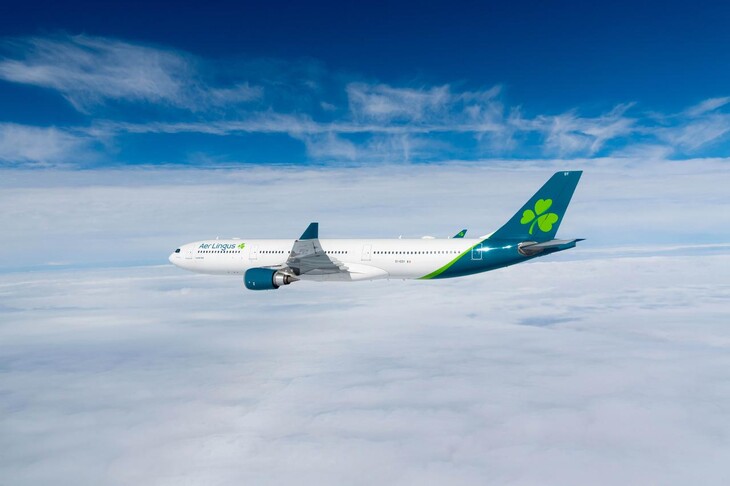Saturday, August 17, 2024 Madrid, Spain — The assassination of Hamas leader Ismail Haniyeh in Iran late last month has sparked widespread disruptions in travel to and from Israel, as tensions escalate and fears of an Iranian retaliatory strike grow. Many international airlines have canceled flights or suspended routes altogether, leaving travelers stranded and scrambling for alternatives. Adi Livne, an Israeli tourist vacationing in Spain, found herself caught in the chaos when her return flight to Israel on a European budget airline was abruptly canceled.
With options dwindling, Livne quickly realized that only Israeli carriers were still operating. However, she was shocked to discover that El Al, Israel’s national airline, was charging $1,000 for a one-way ticket from Madrid to Tel Aviv—a price she deemed too high. After an exhaustive search for more affordable options, Livne reluctantly purchased a similarly expensive ticket with Israir, another Israeli carrier.

Her flight is scheduled to depart from Barcelona on Sunday. The assassination and its aftermath have created a challenging environment for those seeking to travel to Israel. United Airlines, a major connector between Israel and the United States, has indefinitely suspended its service to Israel.
American Airlines has also canceled flights and announced that it will not resume service until at least April 2025. El Al, which has continued flying when many other airlines have grounded their planes, has come under fire for its high ticket prices. Some travelers, like Livne, have expressed frustration, expecting their national airline to offer more reasonable fares during such a crisis.
Despite these criticisms, El Al appears to be thriving financially. The airline reported record profits of $147.7 million for the second quarter of this year, covering April through June.
Looking ahead, El Al has also announced plans to expand its fleet with an order for up to 31 Boeing 737 Max aircraft. The current wave of flight cancellations is the most extensive since the outbreak of war in Gaza on October 7, when Hamas launched a large-scale attack on southern Israel, killing nearly 1,200 people and taking over 250 hostages. The cancellations have revived memories of the early days of the COVID-19 pandemic, when public health restrictions severely limited travel between Israel and the rest of the world.
As flights become increasingly scarce and prices continue to climb, many travelers are finding it difficult to secure tickets, leading some to reconsider their travel plans altogether. El Al, one of the few commercial airlines equipped with anti-missile defense systems, has emerged as the most reliable option, though its nonstop flights from U.S.
destinations remain limited. The suspension of United Airlines’ direct flights from San Francisco to Tel Aviv is particularly disruptive for Silicon Valley, a key tech hub with strong business ties to Israel. Sharon Vanek, executive director of the California Israel Chamber of Commerce, warned that the lack of direct flights and the unstable situation in the Middle East could lead to fewer face-to-face meetings, which are often crucial for building trust and closing deals, potentially weakening these international business relationships.
Despite the uncertainty, many American Jews remain determined to reach Israel. Some have chosen to fly to Europe first and then catch the most affordable flight they can find on an Israeli budget carrier. One such traveler, Emily Pagano, recently arrived in Israel after a long journey that began in Phoenix, Arizona, and included a stopover in Athens.
Pagano’s determination to visit her 22-year-old daughter, who had just started a volunteer program in Israel, was driven by a desire to support her daughter’s courageous decision to volunteer in a country where the threat of conflict looms large..



















